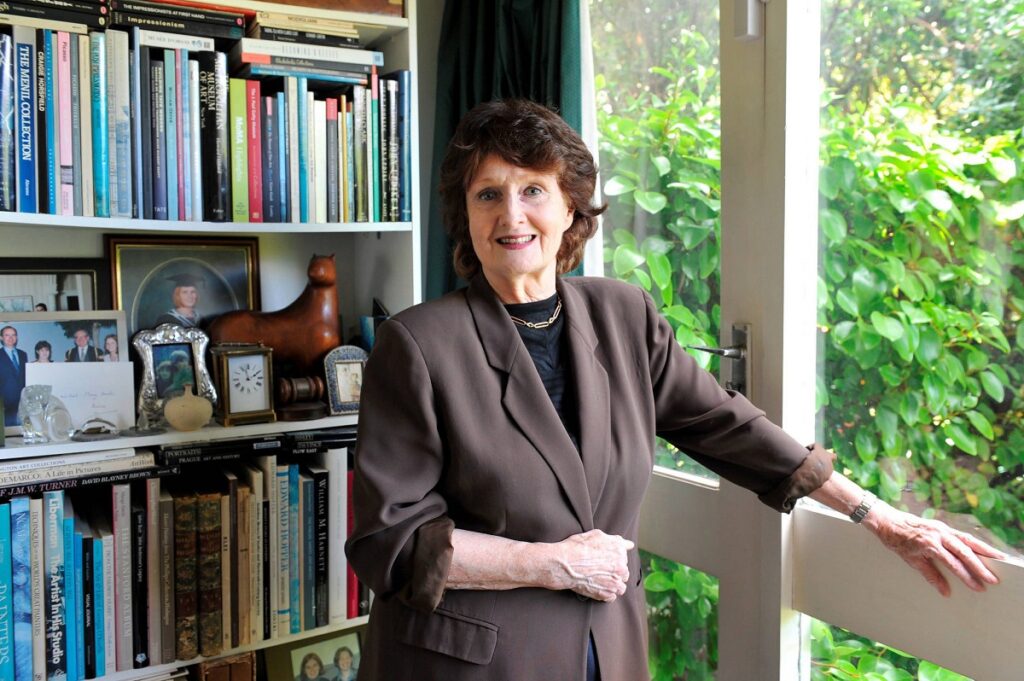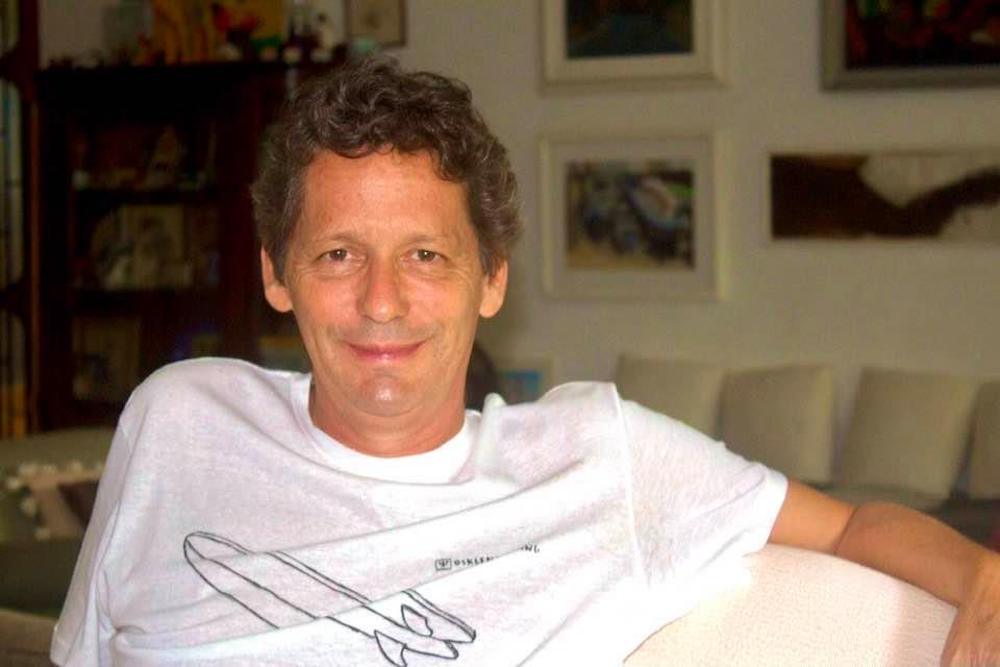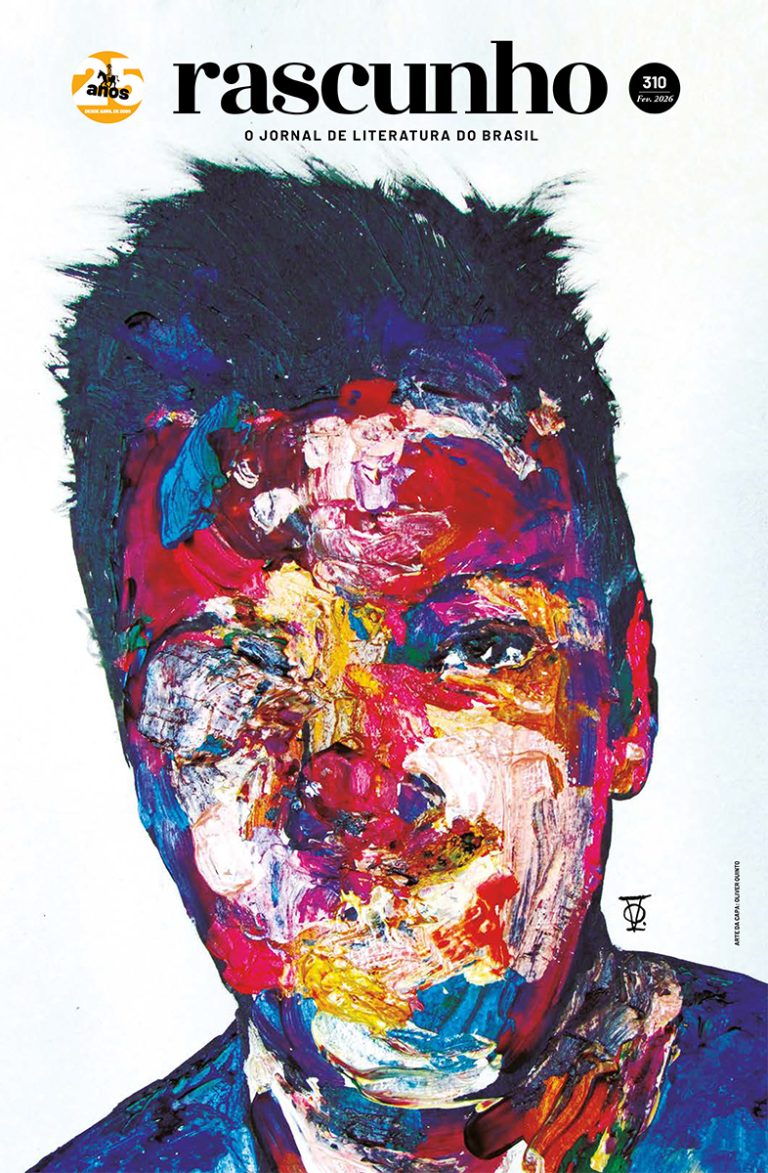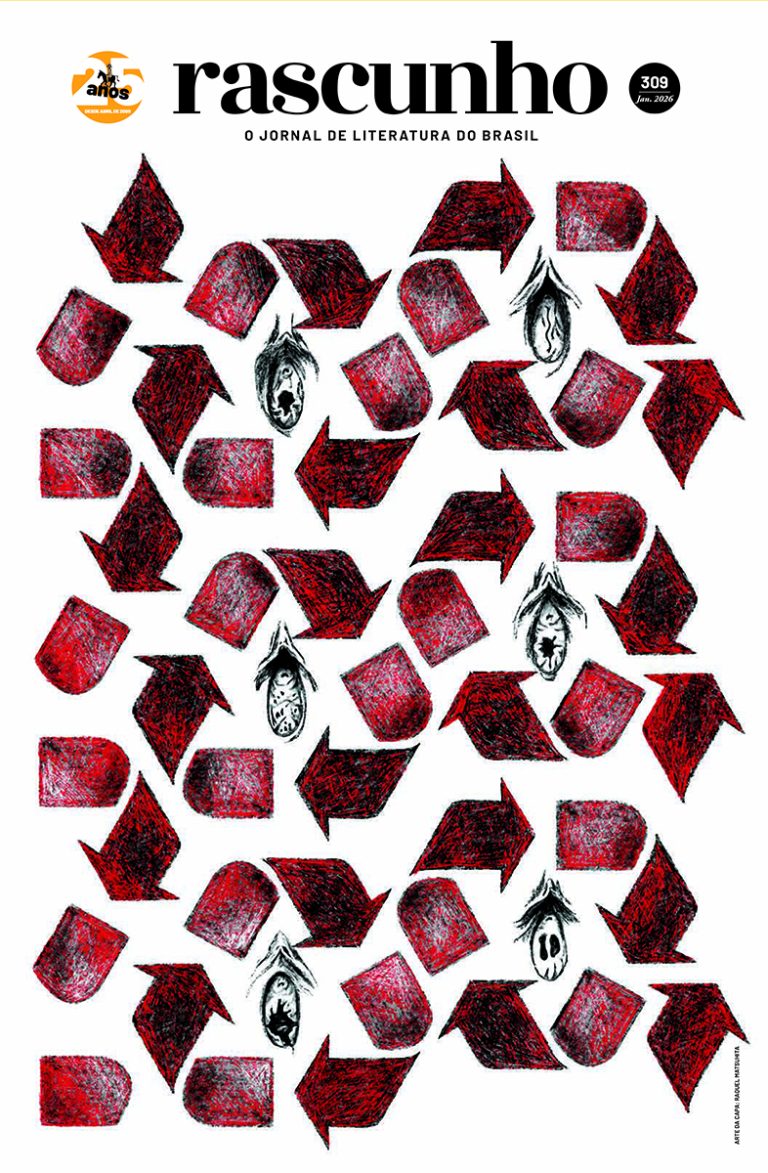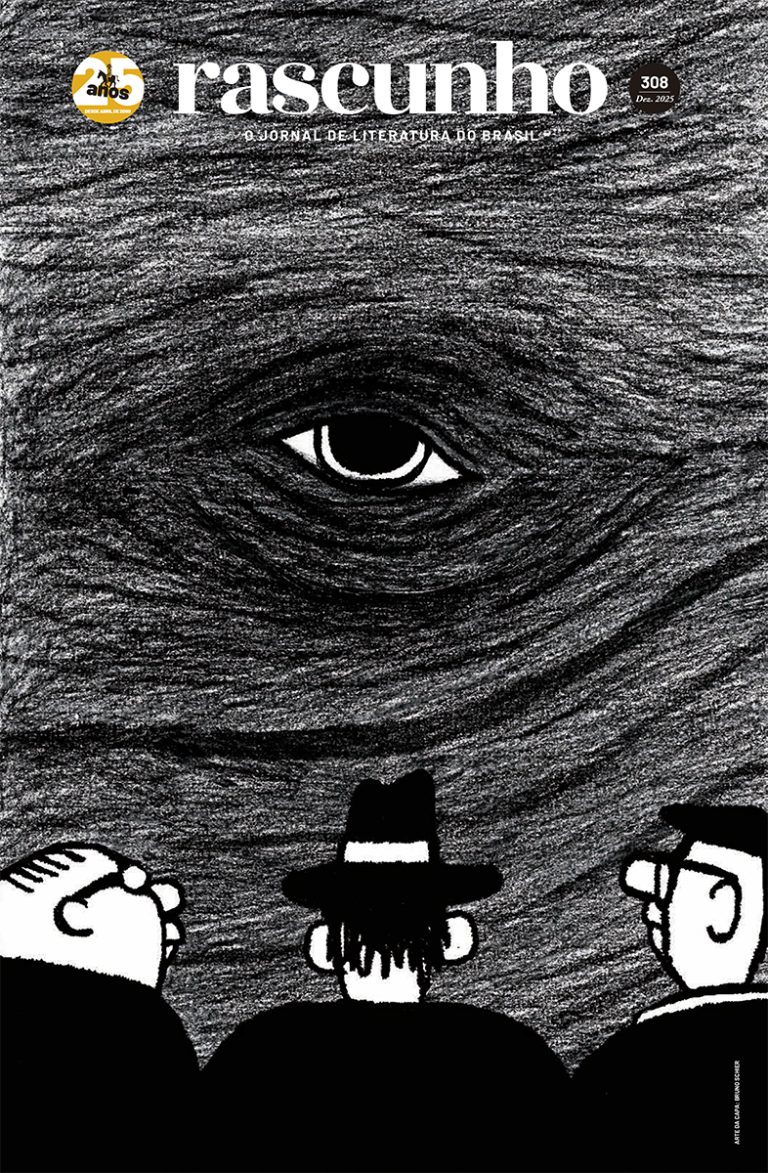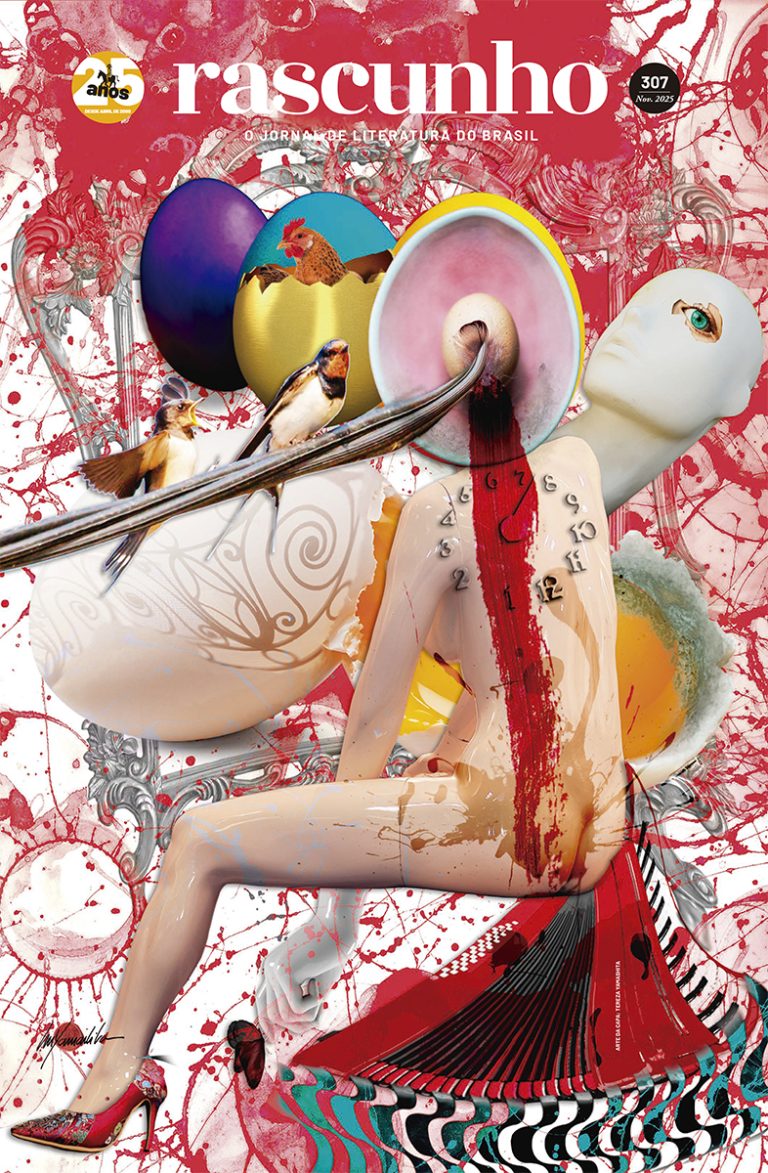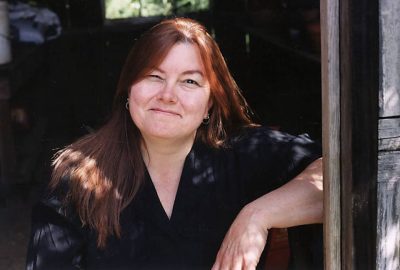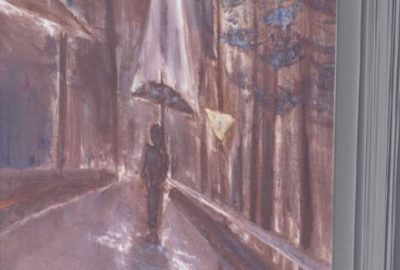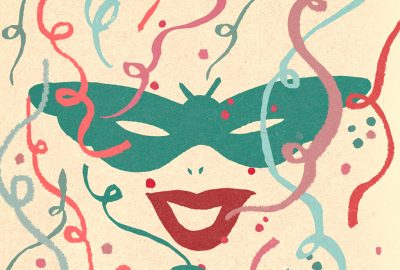Tradução e seleção: André Caramuru Aubert
Irish Poetry
To Michael Hartnett
We always knew there was no Orpheus in Ireland.
No music stored at the doors of hell.
No god to make it.
No wild beasts to weep and to lie down to it.
But I remember an evening when the sky
was underworld-dark at four,
when ice had seized every part of the city
and we sat talking —
the air making a wreath for our cups of tea.
And you began to speak of our own gods.
Our heartbroken pantheon.
No Attic light for them and no Herodotus.
But thin rain and dogfish and the stopgap
of the sharp cliffs
they spent their winters on.
And the pitch-black Atlantic night.
How the sound
of a bird’s wing in a lost language sounded.
You made the noise for me.
Made it again
until I could see the flight of it: suddenly
the silvery lithe rivers of the south-west
lay down in silence
and the savage acres no one could predict
were all at ease, soothed and quiet and
listening to you, as I was. As if to music, as if to peace.
Poesia irlandesa
Para Michael Hartnett
Nós sempre soubemos que não havia Orfeu na Irlanda.
Nenhuma música guardada nas portas do inferno.
Nenhum Deus para criá-la.
Nenhuma fera selvagem para chorar e se deitar com ela.
Mas eu me lembro de uma tarde quando o céu
às quatro estava como o inferno, escuro,
quando o gelo havia tomado cada canto da cidade
e nós sentados, conversando —
o ar fazendo espirais sobre nossas xícaras de chá.
E você começou a falar sobre nossos próprios deuses.
Nosso panteão de corações partidos.
Nenhuma luz da Ática para eles e nenhum Heródoto.
Apenas chuva fina e esqualos e os esconderijos
dos rochedos escarpados
onde eles passam os invernos.
E o escuro breu da noite Atlântica.
Como o som
do barulho das asas de um pássaro em uma língua extinta.
Você fez o barulho para mim.
E fez novamente
até que eu pude ver, nele, o voo: de repente
os prateados e graciosos rios do sudoeste
repousam em silêncio
e as áreas selvagens, sem que alguém pudesse prever
estavam todas em paz, calmas e quietas, e
ouvindo você, como eu estava. Como se fosse música, como se fosse paz.
…..
Suburban woman: another detail
Dusk.
And the neighbourhood
is the colour of shadow,
the colour of stone:
Here at my desk I imagine
wintry air and the smart of peat.
And an uncurtained
front room where
another woman is living my life.
Another woman is lifting my child.
Is setting her down.
Is cutting oily rind from a lemon.
Is crushing that smell against the skin of her fingers.
She goes to my door and closes it.
Goes to my windows and pulls the curtain slowly.
The kitchen,
the child she lifts again and holds
are all mine:
and all the time
the bitter, citric fragrance stays against her skin.
She stares at the road
in the featureless November twilight.
Stares for a moment at
the moon which has drained it.
Then pulls the curtains tightly shut.
And puts herself and my child beyond it.
Mulher do bairro: mais um detalhe
Crepúsculo.
E a vizinhança
tem a cor da sombra,
a cor da rocha:
Aqui na minha escrivaninha eu imagino
o ar invernal e a frigidez da turfa.
E uma sala da frente
sem cortinas onde
uma outra mulher vive a minha vida.
Uma outra mulher está erguendo minha filha.
Está trazendo-a para baixo.
Está tirando a casca oleosa de um limão.
Está esmagando aquele cheiro contra a pele de seus dedos.
Ela vai até a minha porta e a fecha.
Vai até a minha janela e puxa vagarosamente a cortina.
A cozinha,
a criança que ela novamente ergue e segura
é toda minha:
e todo o tempo
a fragrância amarga e cítrica permanece contra a sua pele.
Ela olha para a rua
sob a inexpressiva penumbra de novembro.
Olha por um instante para
a lua, que drenou a penumbra.
Então fecha as cortinas bem cerradas.
E se coloca, e à minha filha, além dela.
…..
Is it still the same
young woman who climbs the stairs,
who closes a child’s door,
who goes to her table
in a room at the back of a house?
The same unlighted corridor?
The same night air
over the wheelbarrows and rain-tanks?
The same inky sky and pin-bright stars?
You can see nothing of her, but her head
bent over the page, her hand moving,
moving again, and her hair.
I wrote like that once.
But this is different.
This time, when she looks up, I will be there.
É ainda a mesma coisa?
jovem mulher que sobe as escadas,
que fecha a porta de um quarto de criança,
que vai para a sua mesa
em uma sala nos fundos de uma casa?
O mesmo corredor sem luz?
O mesmo ar da noite
sobre os carrinhos de mão e as cisternas?
O mesmo céu pintado de broche brilhante de estrelas?
Você não pode ver nada dela, mas a cabeça dela
se inclina sobre a página, sua mão se movendo,
se movendo novamente, e seu cabelo.
Eu escrevi assim uma vez.
Mas agora é diferente.
Desta vez, quando ela olhar para cima, eu estarei lá.
…..
How the Earth and all the planets were created
I went to find the grave of my grandmother
who died before my time. And hers.
I searched among marsh grass and granite
and single headstones
and smashed lettering
and archangel wings and found none.
For once I said
I will face the landscape
and look at it as she was looked upon:
Unloved because unknown.
Unknown because un-named:
Glass Pistol Castle disappeared.
Baltray and the Clogher Head.
To the west the estuary of the Boyne —
stripped of its battles and history —
became only willow-trees and distances.
Como foram criados a Terra e todos os planetas
Eu fui em busca da sepultura de minha avó
que morreu antes do meu tempo. E do dela.
Eu procurei em meio ao granito e ao capim encharcado
e às lápides solitárias
e aos nomes gastos
e às asas de arcanjos, e nada encontrei.
E então eu disse
eu vou fitar a paisagem
e olhá-la como se minha avó estivesse sendo olhada:
Sem ser amada por ser desconhecida.
E desconhecida por não ter um nome:
O Castelo de Glass Pistol, desaparecido.
E Baltray, e Clogher Head.
Para oeste o estuário do Boyne[1] —
despojado de batalhas e história —
se tornou apenas salgueiros e distâncias.
…..
I remember
I remember the way the big windows washed
out the room and the winter darks tinted
it and how, in the brute quiet aftermath,
an eyebrow waited helplessly to be composed
from the palette with its scarabs of oil
colours gleaming through a dusk leaking from
the iron railings and the ruined evening of
bombed-out, post-war London; how the easel was
mulberry wood and, porcupining in a jar,
the spines of my mother’s portrait brushes
spiked from the dirty turpentine and the face
on the canvas was the scattered fractions
of the face which had come up the stairs
that morning and had taken up position in
the big drawing-room and had been still
and was now gone; and I remember, I remember
I was the interloper who knows both love and fear,
who comes near and draws back, who feels nothing
beyond the need to touch, to handle, to dismantle it,
the mystery; and how in the morning when I came down —
a nine-year-old in high, fawn socks —
the room had been shocked into a glacier
of cotton sheets thrown over the almond
and vanilla silk of the French Empire chairs.
Eu me lembro[2]
Eu me lembro de como as grandes janelas da sala eram
desbotadas e de como os escuros do inverno
as pintavam e como, na posterior e bruta quietude,
uma sobrancelha esperava impassível para ser composta
a partir da paleta com seus escaravelhos de cores das tintas
a óleo brilhando sob um crepúsculo, que vazava pelas
grades de ferro de uma arruinada tarde da Londres
bombardeada do pós-guerra; de como o cavalete era
de madeira de amoreira e, porcos-espinhos em uma jarra,
as pontas dos pincéis de minha mãe
tiradas da suja aguarrás, e a face,
na tela, eram fragmentos espalhados
da face que havia subido as escadas,
naquela manhã, e que havia se posicionado no
grande estúdio, e permanecido imóvel
e agora havia ido embora; e eu me lembro, eu me lembro
eu era a intrusa que conhecia tanto o amor quanto o medo,
que chegava perto e se afastava, que não sentia nada
além da necessidade de tocar, de segurar, de desfazer aquilo,
o mistério; e como na manhã, quando eu desci —
uma criança de nove anos de meias altas marrons —
a sala havia se transformado em uma geleira
de lençóis de algodão, espalhados sobre a seda de cor
amêndoa e baunilha, das poltronas estilo Império.
…..
The briar rose
Intimate as underthings
beside the matronly damasks —
the last thing
to go out at night
is the lantern-like, white insistence
of these small flowers;
their camisole glow.
Standing here on the front step
watching wildness break out again
it could be
the unlighted stairway,
I could be
the child I was, opening
a bedroom door
on Irish whiskey, lipstick,
an empty-glass,
oyster crêpe-de-Chine
and closing it without knowing why.
A roseira brava
Íntimas como as roupas de baixo
ao lado de matronais damascos —
a última coisa
a desaparecer na noite
é a brancura teimosa, lanternal,
destas pequenas flores;
cujas camisolas cintilam.
Aqui parada, no degrau de entrada,
observando o ressurgir da natureza
isto poderia ser
a escura escadaria,
eu poderia ser
a criança que fui, abrindo
a porta de um quarto
com uísque irlandês, batom,
um copo vazio,
e seda crepe da China
…..
The river
You brought me
to the mouth of a river
in mid-October
when the swamp maples
were saw-toothed and blemished.
I remember
how strange it felt —
not having any
names for the red oak
and the rail
and the slantways plunge
of the osprey.
What we said was less
than what we saw.
What we saw was
a duck boat, slowly
passing us, a hunter and
his spaniel, and
his gun poised,
and, in the distance,
the tips of the wild
rice drowning in
that blue which raids and
excludes light.
O rio
Você me trouxe
para a boca de um rio
nos meados de outubro
quando os bordos vermelhos
estavam manchados e desgastados
eu me lembro
quão estranho pareceu
não ter qualquer
nome para o carvalho vermelho
e a trilha
e o mergulho certeiro
da águia-pescadora.
O que nós falamos foi menos
do que vimos.
O que nós vimos foi
um bote, passando
vagarosamente por nós, um caçador
e seu cão spaniel, com
a sua espingarda armada,
e, à distância,
as pontas do arrozal
selvagem, mergulhado
naquele azul que invade e
exclui a luz.
…..
Dublin, 1959
The café had
plastic chairs and lunch counters.
Its doors opened out on O’Connell Street.
I hunched my knees
under the table. The vinegar bottle
shifted its bitter yellows.
Tell me a story about Ireland
I said as a child
to anyone in earshot: about what had been
left behind by a modern world.
But not by memory.
I remember
we paid for our tea with a single pound note.
And walked out. And a bicycle went by,
its bell ringing loudly. And a car swerved around it.
Dublin, 1959
O café tinha
cadeiras de plástico e balcões para almoço.
Suas portas se abriam para a rua O’Connel.
Eu dobrei meus joelhos
sob a mesa. A garrafa de vinagre
trocava seus tons de amarelo opaco.
Me conte uma história sobre a Irlanda
eu disse, como uma criança
a quem estivesse ao alcance: sobre o que foi
deixado para trás pelo mundo moderno.
Mas não pela memória.
Eu me lembro
nós pagamos o nosso café com uma única libra.
E caminhamos para fora. E uma bicicleta se aproximou,
sua campainha soando, ruidosa. E um carro se desviou dela.
…..
Against love poetry
We were married in summer, thirty years ago. I have loved you deeply from that moment to this. I have loved other things as well. Among them the idea of women’s freedom. Why do I put these words side by side? Because marriage is not freedom. Therefore, every word here is written against love poetry. Love poetry can do no justice to this. Here, instead, is a remembered story from a faraway history: A great king lost a war and was paraded in chains through the city of his enemy. They taunted him. They brought his wife and children to him — he showed no emotion. They brought his former courtiers — he showed no emotion. They brought his older servant — only then did he break down and weep. I did not find my womanhood in the servitudes of custom. But I saw my humanity look back at me there. It is to mark the contradictions of a daily love that I have written this. Against love poetry.
Contra os poemas de amor
Nós nos casamos no verão, trinta anos atrás. Eu te amei profundamente desde aquele momento até agora. Eu amei outras coisas também. Entre elas a ideia da liberdade feminina. Por que eu coloco estas palavras lado a lado? Porque casamento não é liberdade. Assim sendo, cada palavra aqui é escrita contra os poemas de amor. Os poemas de amor nada podem contra isso. Aqui, ao contrário, vai a lembrança de uma história sobre uma distante história: um grande rei perdeu a guerra e foi levado acorrentado, em uma parada, através da cidade de seu inimigo. Eles o insultaram. Eles levaram sua esposa e seus filhos até ele — ele não esboçou emoção. Eles levaram seus antigos cortesãos — ele não esboçou emoção. Eles levaram seu velho serviçal — somente aí ele desmoronou e chorou. Eu não encontrei a minha feminilidade nas servidões do hábito. Mas eu vejo a minha humanidade olhando para trás, para mim ali. É para marcar as contradições do amor do dia a dia que eu escrevi isto. Contra os poemas de amor.
notas
[1] O rio Boyne, na Irlanda, tem apenas 112 quilômetros de extensão, e uma história riquíssima, repleta de batalhas épicas e castelos medievais hoje em ruínas; um deles é o Glass Pistol. Baltray e Clogher Head são pequenas cidades no vale do Boyne, esta última já no estuário.
[2] Eavan Boland passou boa parte da infância na Londres do pós-guerra, onde seu pai servia como embaixador da Irlanda, enquanto sua mãe desenvolvia a carreira de pintora de estilo expressionista.

